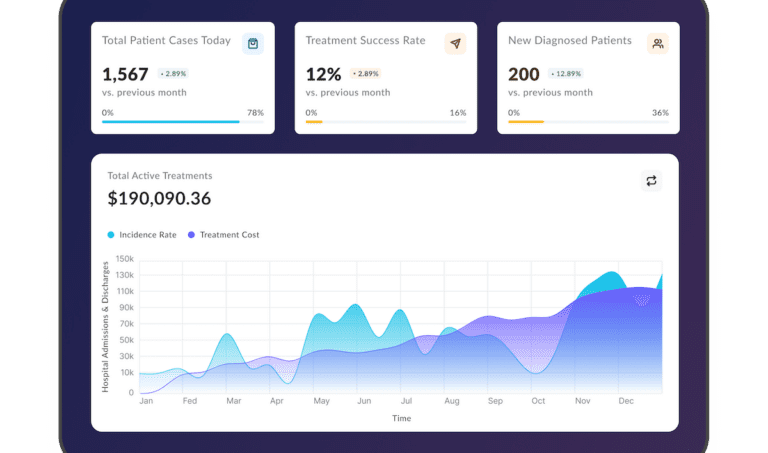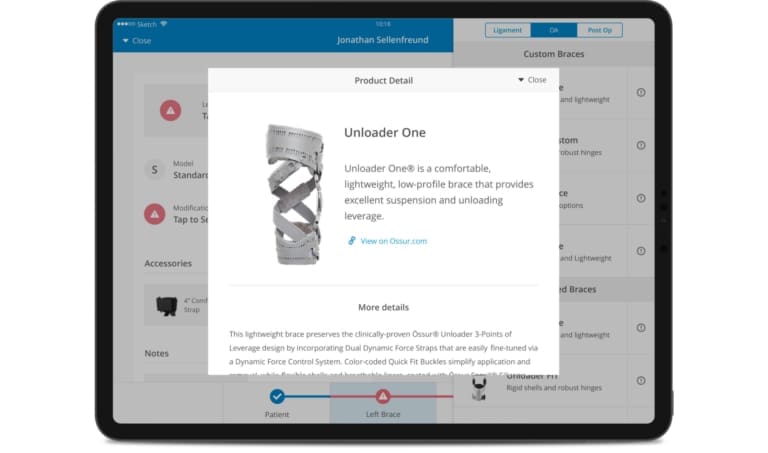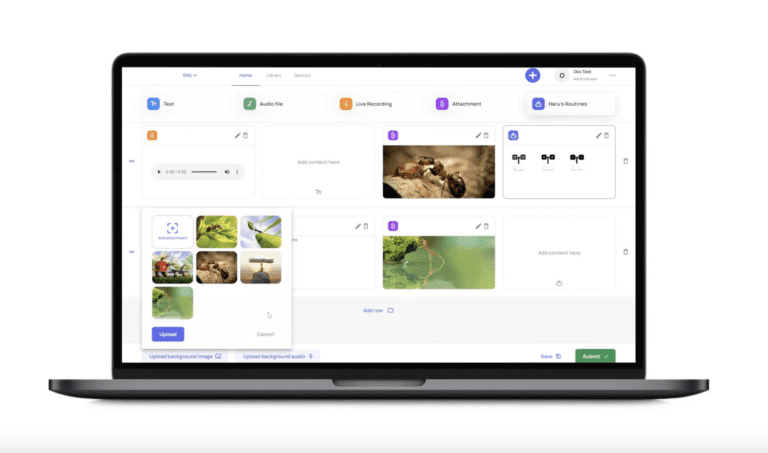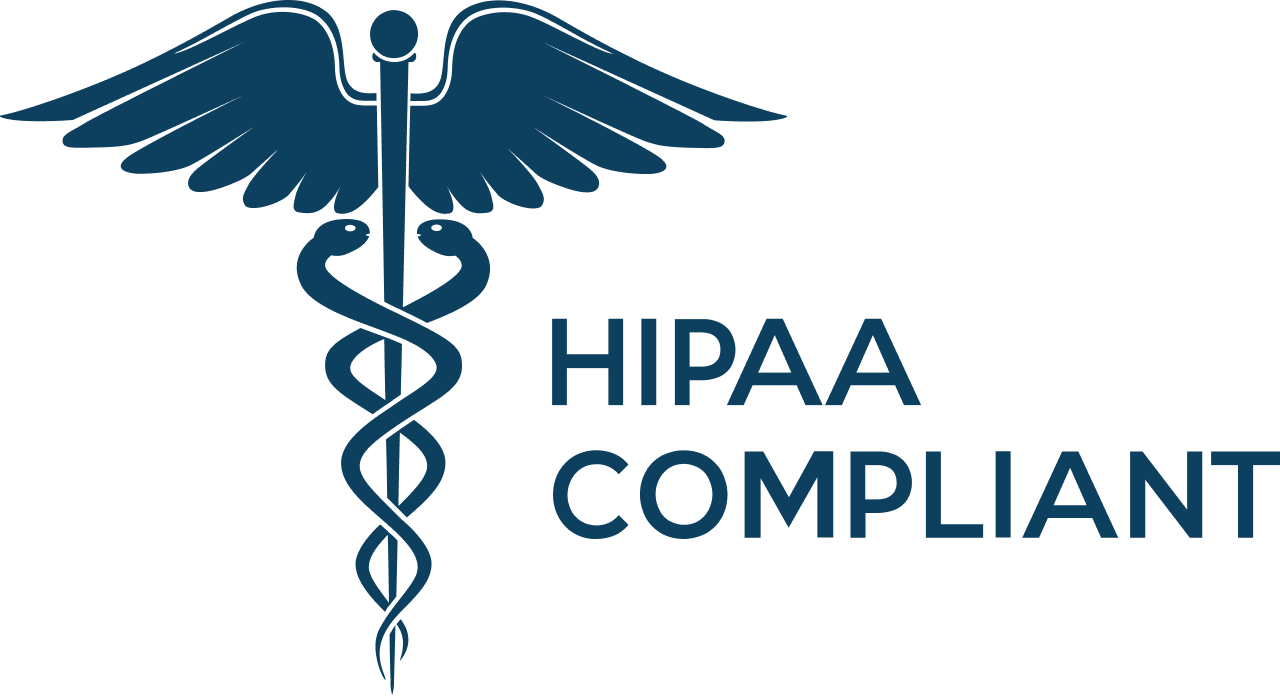Machine Learning in Healthcare: A Step-by-Step Implementation Guide with Real Cases
Updated: March 17, 2025
At a London hospital, a patient arrives with chest pain. His test results show no immediate danger, and under normal circumstances, he would go home. However an AI-driven system detects subtle risk factors pointing to an impending cardiac event. Within hours, doctors take action and perform a life-saving procedure—one that would not have occurred without machine learning in healthcare.
This technology already prevents misdiagnoses, enhances treatment accuracy, and saves lives. AI models detect cancer earlier than human doctors, predict disease outbreaks before they spread, and accelerate drug discovery. Yet, despite the benefits of machine learning in healthcare, hospitals struggle with fragmented data, strict regulations, and complex system integration.

We provide companies with senior tech talent and product development expertise to build world-class software. Let's talk about how we can help you.
Contact usHow can healthcare organizations adopt AI effectively? What steps in AI development services ensure real-world impact instead of costly setbacks? This guide, based on Relevant Software’s expertise, shows how machine learning (ML) moves from concept to clinic—step by step.
Table of Contents
Why machine learning matters in healthcare
In recent years, healthcare faced a crisis—too much data, not enough insight. Hospitals, research labs, and pharmaceutical companies generate amounts of medical information, yet most of it remains locked in fragmented, unstructured formats. Doctors often work with incomplete records, delayed test results, and overwhelming administrative burdens, leaving critical patterns unnoticed. Lives depend on decisions made with incomplete information.
A data-driven industry that can’t use its own data
According to Relevant Software’s research, the healthcare industry generates 2.5 quintillion bytes of data from electronic health records (EHRs), medical imaging, genomic research, and wearable devices. Yet, 80% remains unstructured, trapped in disconnected systems where critical insights go unnoticed. This fragmentation delays diagnoses, limits treatment options, and hinders medical advancements.
ML unlocks the true potential of this data. Many applications of machine learning leverage neural networks, which mimic human cognitive functions to process vast datasets with remarkable precision. These AI-driven models identify patterns in medical imaging, genetic profiles, and patient histories, which enables disease detection in early stages, personalized treatment plans, and more accurate diagnoses.
AI also transforms clinical trials, particularly in handling large amounts of data from diverse patient populations. Neural networks analyze drug responses that help researchers refine treatments, accelerate trial phases, and improve patient outcomes far more efficiently than traditional methods.
Beyond human limitations: accuracy, speed, and precision
Consider the case of Google Health’s AI, which detects breast cancer 9.4% more accurately than experienced radiologists. Or Johns Hopkins’ AI-powered sepsis detection system, which alerts doctors six hours before symptoms appear, reducing mortality rates by 20%.
ML in healthcare does not replace doctors—it strengthens their decision-making. By processing vast datasets in seconds, it reveals critical patterns that refine diagnoses and treatment plans. This ensures they focus on complex cases instead of manual administrative tasks.
The cost factor: reducing waste and saving billions
Inefficiencies drain over $760 billion from the U.S. healthcare system every year. AI-driven hospital management systems optimize bed utilization, predict discharge times, and prevent unnecessary admissions. At Cleveland Clinic, an AI scheduling system cut patient wait times by 20%, optimized resource allocation, and ensured faster access to care.
With AI’s impact already proven, how can organizations implement machine learning in healthcare without costly missteps?
Step-by-step guide to implementing machine learning in healthcare
Machine learning in healthcare industry succeeds only with proper implementation. Technology alone does not drive results—it requires a clear strategy, regulatory compliance, and seamless system integration to create a real impact in medical settings.
Relevant Software’s experts outline the six key steps to adopting AI in healthcare, ensuring investments lead to better patient outcomes, greater efficiency, and measurable improvements rather than wasted potential.
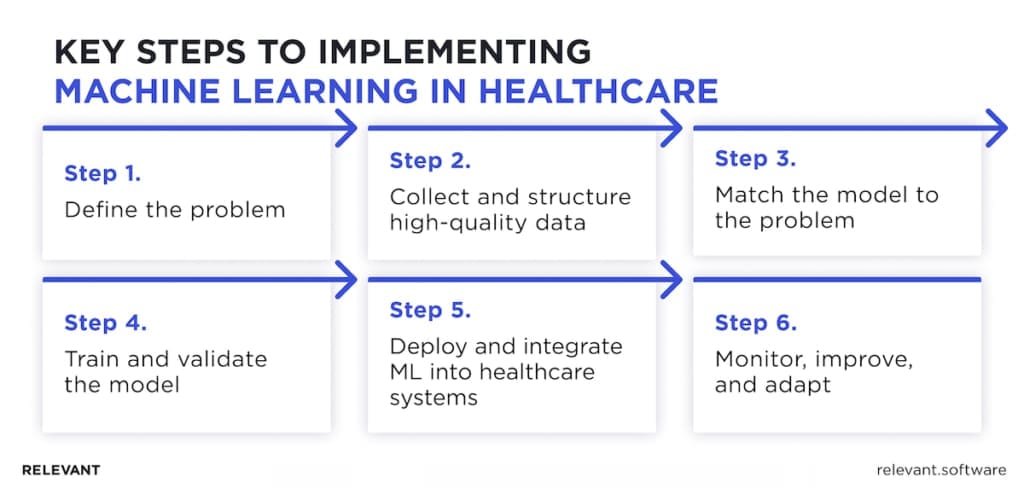
Step 1 – Define the problem
AI is not a solution for every healthcare challenge. Hospitals often invest millions in AI initiatives that fail due to vague objectives or poorly defined use cases. The first step is identifying where ML can truly make a difference.
- Facing diagnostic accuracy challenges? AI models in radiology reduce misdiagnosis rates by up to 50% and enhance early disease detection.
- Dealing with operational inefficiencies? Predictive analytics cut hospital readmission rates by 30% and improve patient flow and resource use.
- Struggling with slow and costly drug development? AI-driven molecular analysis halves drug discovery timelines and speeds up research.
A hospital that simply wants to “use AI” will likely fail. A hospital that wants to reduce ICU mortality by 15% using predictive analytics will succeed.
Step 2 – Collect and structure high-quality data
AI models rely on accurate, diverse data. Poor-quality datasets produce unreliable predictions, and in healthcare, that can lead to misdiagnoses or ineffective treatments.
Healthcare data comes in many forms:
- Electronic Health Records (EHRs) – Clinical histories, prescriptions, and patient demographics.
- Medical imaging – X-rays, MRIs, and CT scans.
- Genomics & lab results – DNA sequences, blood tests, and biomarker data.
- Wearable medical device data – Real-time monitoring of heart rate, oxygen levels, and glucose.
Most of this data is fragmented and inconsistent. Different hospitals use different EHR systems, which makes interoperability a nightmare. Privacy laws like HIPAA and GDPR add another layer of complexity.
Solution: Federated learning enables AI models to process data from multiple hospitals without transferring sensitive patient records, which ensures privacy and compliance.
Step 3 – Match the model to the problem
Different machine learning models solve different problems. Success depends on selecting an approach that aligns with the dataset and the clinical need.
- Supervised Learning – Best for medical imaging and disease prediction.
- Unsupervised Learning – Ideal for discovering unknown disease patterns in genomics.
- Reinforcement Learning – Used in robotic-assisted surgeries to improve precision.
For example, an AI system designed to detect early-stage Alzheimer’s from MRI scans would rely on deep learning models trained on thousands of previous cases. Meanwhile, an AI-powered chatbot diagnosing basic symptoms in telemedicine would use natural language processing (NLP).
Step 4 – Train and validate the model
AI models must be trained on diverse, unbiased datasets using data science methodologies. An ML model trained primarily on data from white male patients, for instance, may fail to diagnose conditions accurately in women and minority groups.
To prevent bias, organizations must:
- Train ML algorithms on multi-demographic datasets.
- Use cross-validation to test model accuracy across different patient groups.
- Continuously update algorithms as new medical research emerges.
At MIT & Harvard, an AI model trained to detect Alzheimer’s disease from speech patterns achieved 94% accuracy—but only after researchers corrected biases in early training data.
Step 5 – Deploy and integrate ML into healthcare systems
Many hospitals develop brilliant AI models that never get used because they don’t integrate with existing hospital software. To succeed, AI deployment must:
- Work seamlessly with EHR systems like Epic and Cerner.
- Meet regulatory approvals (FDA, EMA) before clinical use.
- Provide clear, interpretable results that doctors trust.
For example, IBM Watson for Oncology initially struggled with adoption because its recommendations were difficult for doctors to interpret. Hospitals must prioritize explainable AI—models that show why they made a decision, not just the outcome.
Step 6 – Monitor, improve, and adapt
Applications of machine learning are not a one-time solution in the medical field. Models must be continuously monitored to ensure accuracy as medical knowledge evolves.
- AI must detect model drift, where predictions become less accurate over time.
- Regular audits ensure AI remains free from bias.
- Clinician feedback loops help refine AI recommendations.
For a deeper dive into best practices, explore our insights on machine learning development.
At Relevant Software, we ensure AI systems stay accurate, compliant, and clinically effective. As a recognized AI consulting leader on Clutch, we help healthcare organizations deploy and maintain AI solutions that meet regulatory standards and deliver real-world impact.

9 real cases of machine learning in healthcare
From disease detection to tailored treatments for various medical conditions, machine learning reshapes healthcare in ways once thought impossible. These real-world machine learning use cases illustrate how AI analyzes clinical data to deliver measurable impact—saving lives, enhancing accuracy, and improving medical care to achieve better patient outcomes.
Case 1 – AI-assisted medical imaging diagnosis
Radiology has relied on human interpretation for decades, but artificial intelligence has changed the field. With the help of machine learning, AI models examine X-rays, MRIs, and CT scans to detect abnormalities faster and with greater accuracy than traditional methods.
One breakthrough example is Google’s DeepMind AI, which identifies diabetic retinopathy from retinal scans with 94% accuracy, matching or surpassing human specialists. Another success story is an AI system that reduces false positives in breast cancer screenings by 5.7%, which leads to earlier detection and better patient outcomes.
Impact: Faster diagnosis, reduced radiologist workload, and improved accuracy in detecting critical diseases.
Case 2 – Predictive analytics for early disease detection
Predictive analytics stands out as one of the most impactful machine learning applications in healthcare, especially for individual patients at high risk. By examining patient history, lifestyle factors, and genetic data, AI detects disease risks far earlier than traditional methods, enabling proactive treatment before symptoms appear.
IBM Watson Health’s AI assesses medical records and medical images to identify lung cancer risk, resulting in earlier diagnoses and a 20% higher survival rate. Similar models predict Alzheimer’s disease years before cognitive decline, allowing earlier interventions that slow disease progression and improve treatment response.
Impact: Higher survival rates, proactive disease management, and reduced late-stage treatment costs.
Case 3 – Personalized treatment plans with ML
Standardized treatments don’t work for every patient. ML in healthcare helps tailor medical therapies based on individual genetics, lifestyle, and response patterns, leading to better outcomes.
At Memorial Sloan Kettering Cancer Center, AI-driven precision medicine tailors chemotherapy plans to cut adverse effects by 30% and improve treatment effectiveness. Genomic data analysis refines cancer therapies to ensure patients receive the most effective drugs for their specific tumor profiles
Impact: Reduced side effects, improved treatment success rates, and lower healthcare costs.
Case 4 – Transformed drug development
Pharmaceutical companies spend years and billions developing new treatments. AI accelerates this process by analyzing molecular structures, identifying drug candidates, and evaluating their potential, which significantly shortens research timelines.
With the help of machine learning, AI models analyze vast datasets from clinical research, detect hidden patterns in drug interactions and side effects, and refine treatment approaches. Insilico Medicine’s AI platform found a potential fibrosis treatment in just 46 days, far less than the usual timeframe. AI-powered drug discovery also enabled Pfizer to bring COVID-19 treatments to market faster, cutting research timelines by months.
Impact: Faster drug approvals, lower R&D costs, and quicker response to emerging diseases.
Case 5 – ML for predicting patient deterioration in ICUs
In intensive care units (ICUs), early warning systems powered by artificial intelligence save lives. AI tracks vital signs and identifies subtle changes that might indicate a life-threatening condition.
At Johns Hopkins, an AI model identifies sepsis six hours before symptoms appear, which lowers ICU mortality by 20%. Other hospitals apply neural networks to predict cardiac arrests with 89% accuracy, helping doctors act before complications arise.
Impact: Fewer ICU complications, shorter hospital stays, and improved survival rates.
Case 6 – AI-driven healthcare chatbots for patient support
Long wait times and physician shortages burden healthcare systems. ML-powered virtual assistants provide 24/7 patient support, reducing strain on medical staff.
For example, an AI chatbot can analyze symptoms and provide preliminary diagnoses, directing patients to appropriate care. A study found that 49% of physicians agreed that healthcare chatbots could prevent unnecessary visits to healthcare providers.
Impact: Faster patient triage, reduced hospital congestion, and improved access to healthcare.
Case 7 – ML for healthcare fraud detection
Healthcare fraud costs billions each year. AI models examine billing patterns to uncover fraudulent claims with high precision. UnitedHealth Group’s ML system detects billing anomalies and insurance fraud, which helps prevent millions in financial losses. AI also flags suspicious prescription patterns, reducing opioid abuse cases.
Impact: Stronger fraud prevention, lower healthcare costs, and improved compliance.
Case 8 – Remote patient monitoring and wearable health tech
AI-powered wearables collect real-time health data and identify early warning signs of chronic conditions. The Apple Watch’s ECG feature identified atrial fibrillation in thousands of users, leading to early medical interventions. Similar ML models monitor diabetes patients’ glucose levels, preventing dangerous spikes and crashes.
Impact: Improved chronic disease management, reduced emergency visits, and proactive healthcare.
Case 9 – Natural language processing (NLP) for medical records
Doctors spend a third of their time on paperwork. NLP extracts valuable insights from unstructured EHRs, speeding up administrative tasks. For example, Amazon Comprehend Medical examines clinical notes, organizes patient data for faster decisions, reduces physician workload, and keeps critical information accessible.
Impact: Faster medical documentation, fewer administrative errors, and more time for patient care.
These real-world machine learning in healthcare examples highlight AI’s potential to revolutionize diagnostics, treatment, and hospital operations.
Challenges in implementing machine learning in healthcare
According to Relevant Software’s experience, the adoption of ML in healthcare presents complex challenges. Data collection requires strict compliance with privacy laws, biased models introduce ethical risks, and regulatory approval processes slow down AI adoption. Without proper integration, even the most advanced applications of machine learning fail to gain clinical acceptance. However, with secure architectures, bias mitigation strategies, and regulatory-aligned development, these obstacles become manageable.
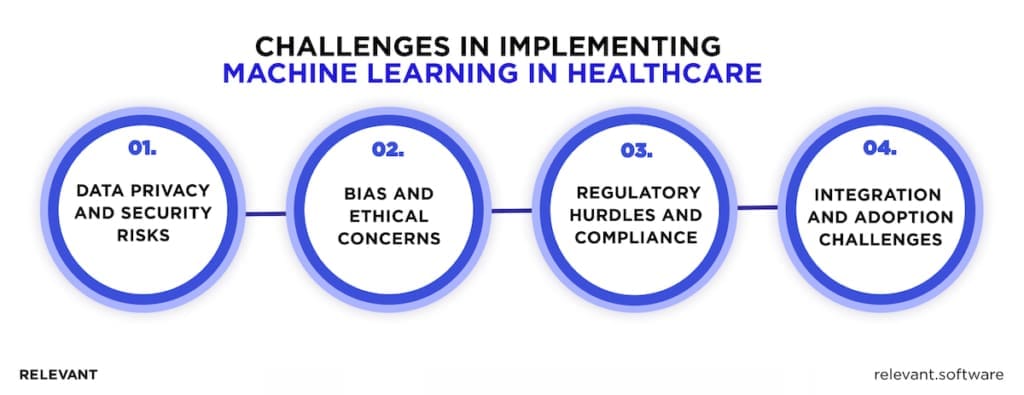
Data privacy and security risks
Healthcare data is among the most sensitive, requiring strict compliance with HIPAA, GDPR, and FDA regulations. Mishandling patient records can lead to legal consequences, loss of trust, and security breaches. Many organizations struggle to balance AI-driven insights with robust data protection measures.
How is machine learning used in healthcare while ensuring data security?
- Federated Learning ensures AI models train on patient data across multiple hospitals without centralizing information, preventing large-scale breaches.
- End-to-end encryption keeps data protected during transmission and storage, blocking unauthorized access.
- Zero Trust Security enforces strict access controls to restrict who can view or modify sensitive data.
- Automated Compliance Audits verify data usage to ensure AI meets global security standards.
With these machine learning in healthcare examples, healthcare providers deploy AI with confidence, knowing that patient data remains secure and regulatory standards are met.
Bias and ethical concerns
AI models trained on biased datasets can produce inaccurate diagnoses, disproportionately affecting individual patients. A study on AI-based skin cancer detection revealed that models trained predominantly on lighter skin tones failed to diagnose melanoma accurately in darker-skinned patients. Bias in AI can mean the difference between life-saving interventions and fatal oversights.
How we solve this at Relevant Software:
- Diverse training data prevents AI from learning skewed patterns that disadvantage certain demographics.
- Explainable AI (XAI) ensures models provide clear reasons for their decisions, allowing doctors to trust and verify recommendations.
- Continuous bias audits detect disparities before deployment, ensuring AI performs accurately across different populations.
- Alignment with medical guidelines ensures AI recommendations follow established clinical protocols.
Regulatory hurdles and compliance
Bringing machine learning in healthcare to clinical practice requires FDA, EMA, and local health authority approvals. Regulatory bodies demand explainability and transparency —hospitals cannot rely on black-box AI for critical diagnoses. Without clear reasoning behind its decisions, AI adoption faces resistance from regulators and healthcare professionals alike.
How we ensure compliance in machine learning software development:
- Regulatory-first development ensures AI aligns with compliance standards from the start, avoiding last-minute revisions.
- Transparent AI models provide clear decision-making pathways, satisfying regulatory demands for explainability.
- Clinical Validation Studies test AI performance in real-world settings, ensuring models meet approval requirements.
- Automated compliance reports simplify regulatory submissions, accelerating approval timelines.
By focusing on these strategies, we ensure healthcare AI reaches deployment without regulatory setbacks.
Integration and adoption challenges
Many hospitals resist AI adoption due to poor integration with existing EHRs and the lack of trust among medical professionals. AI must fit seamlessly into existing workflows rather than becoming an extra burden on doctors and staff.
Our approach to seamless AI integration:
- Full EHR compatibility allows AI models to connect with Epic, Cerner, and Meditech, ensuring real-time insights without extra steps.
- Physician-focused AI training ensures doctors understand how AI assists rather than replaces clinical expertise.
- Human-validated AI keeps doctors in control, where AI recommendations serve as guidance rather than final decisions.
- User-friendly interfaces simplify AI interaction, and physicians can access insights with minimal disruption.
- By embedding AI directly into clinical workflows, we ensure healthcare professionals trust and adopt AI-driven solutions.
By focusing on usability, transparency, and integration, we help healthcare providers adopt AI solutions that enhance—not disrupt—clinical workflows.
Our success case: AstraZeneca
To prove our expertise in high-impact AI solutions, consider our work with AstraZeneca, a global pharmaceutical leader. Their Medical Affairs teams faced an overwhelming challenge—millions of CRM records required manual review, slowing decision-making, and increasing costs. They needed an AI-driven system to unlock insights faster, eliminate inefficiencies, and ensure strict regulatory compliance across FDA, EMA, HIPAA, and GDPR standards.
We built an AI-powered CRM & analytics platform, integrating ChatGPT and Llama-2 to analyze 350,000+ CRM records automatically. Medical Science Liaisons (MSLs) received real-time, AI-driven insights, transforming engagement strategies with healthcare professionals.
Powered by Google Cloud and optimized with TensorFlow and PyTorch, the system cut manual CRM processing by 20+ hours per week, reduced market access costs by 50%, and enhanced decision-making at scale. With end-to-end encryption and role-based security, AstraZeneca now operates with a new level of efficiency and compliance.
Implement machine learning in healthcare with Relevant Software
At Relevant Software, we embed AI to fit effortlessly into the real world—where doctors need transparency, hospitals demand security, and patients rely on accuracy. Our solutions are:
- Regulatory-approved – Built with HIPAA, GDPR, and FDA compliance in mind.
- Bias-free and explainable – Ensuring fair, ethical AI decisions that doctors trust.
- Secure and scalable – Using federated learning and encryption for top-tier data protection.
- EHR-compatible – Seamlessly integrating AI into hospital IT systems.
We provide machine learning outsourcing for hospitals, MedTech startups, and biotech firms, ensuring AI delivers real-world impact. Our solutions enhance diagnostics, streamline workflows, and support decisions, allowing healthcare professionals to focus on what matters most—saving lives.
Rely on Relevant Software’s expertise and hire AI engineers to bring AI into healthcare the right way. Contact us!
Our core services:
Do you want a price estimate for your project?
Do you know that we helped 200+ companies build web/mobile apps and scale dev teams?
Let's talk about your engineering needs.
Write to us